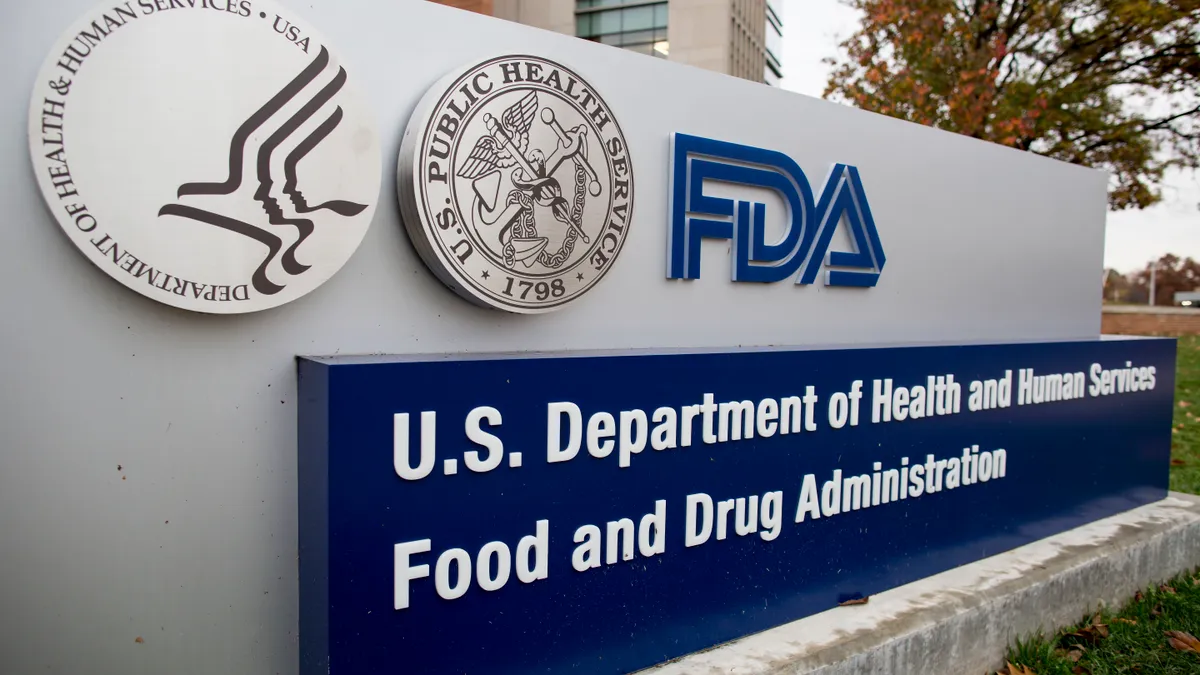Dive Brief:
- Targeting the opioid crisis, leveraging innovation and competition to better healthcare, educating consumers to make more informed choices about nutrition to reduce morbidity and mortality and strengthening risk management tools are the four cornerstones of the Food and Drug Administration’s 2018 policy roadmap, Commissioner Scott Gottlieb announced Thursday.
- A new “Biosimilar Innovation Plan” will aim to create better incentives for the development, approval and adoption of biosimilar drugs. The agency also plans to issue final guidance on how drugmakers can communicate information to payers about products that could promote value-based contracting.
- FDA will continue to build out its Pre-Certification Pilot Program to help encourage the development of digital health tools. The plan also hints at the development of new ways to evaluate the analytic and clinical validity of laboratory-developed tests, such as third-party review or a similar firm-based certification.
Dive Insight:
The roadmap touches on several efforts to help develop medical devices, specifically the establishment of a Total Product Life Cycle Office within the Center for Devices and Radiological Health and the development of an alternative 510(k) pathway.
FDA also plans to publish final guidance on what digital health technologies fall under FDA’s regulation and those that the agency plans to exercise enforcement discretion on. In December, the agency published a trio of documents that laid out its proposed thoughts on how it will approach its regulation of the space.
The FDA chief acknowledged that modernizing how the agency regulates new areas such as digital health to ensure that the agency’s policies are suited to the new challenges. The plan pointed to enabling consumers to use new technologies, such as digital tools and medical apps, to make up-to-date decisions about their health.
"These goals also include new steps to help consumers more easily get access to reliable and accurate diagnostic information. This includes genomic data that can help consumers predict their risk for disease or their response to different interventions. Enabling these opportunities means also seeking better and less burdensome ways to reliably validate the analytical and clinical validity of laboratory-developed tests that consumers and providers increasingly rely on," the roadmap states.
The new 2018 policy roadmap is not meant to be an full list of the policies FDA will implement.
“Our Roadmap is not intended to be a traditional strategic plan; and it is not an exhaustive list of the important policies that FDA will initiate and pursue over the coming year. In focusing on these selected efforts, we will optimize our resources to achieve clear deliverables that will yield results over the next two years,” Gottlieb said in a statement.













